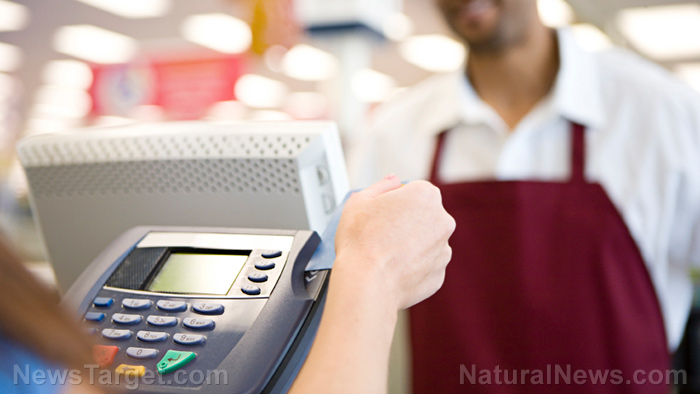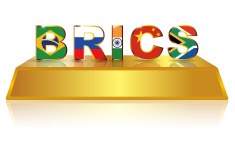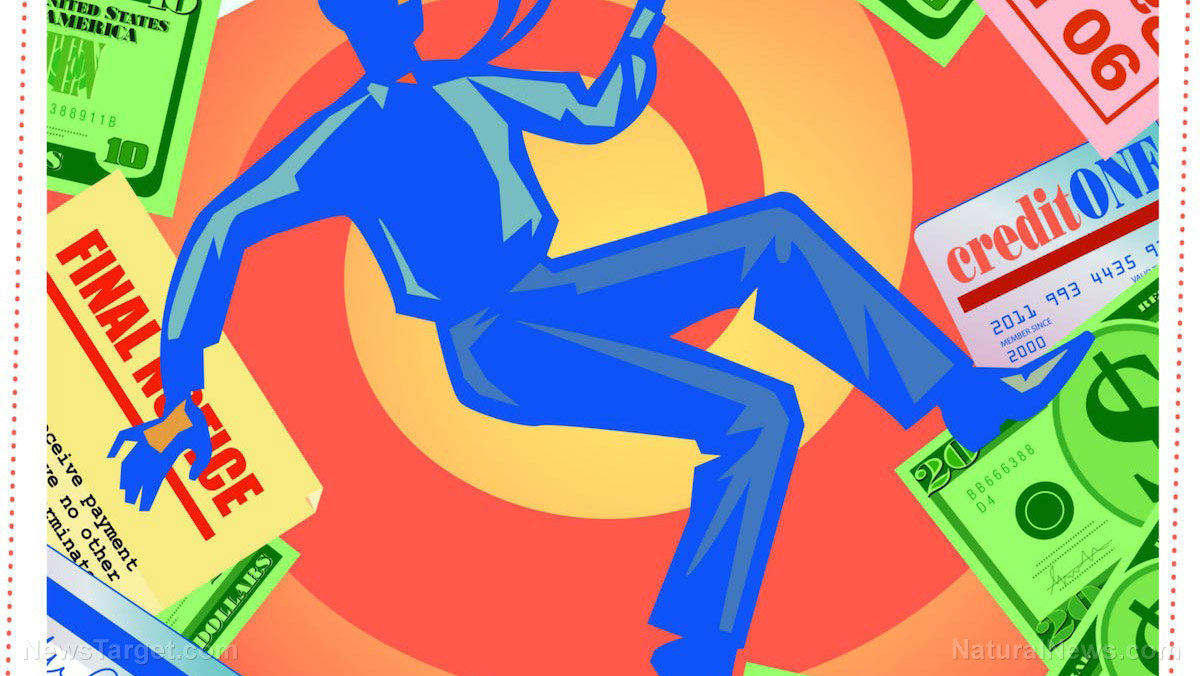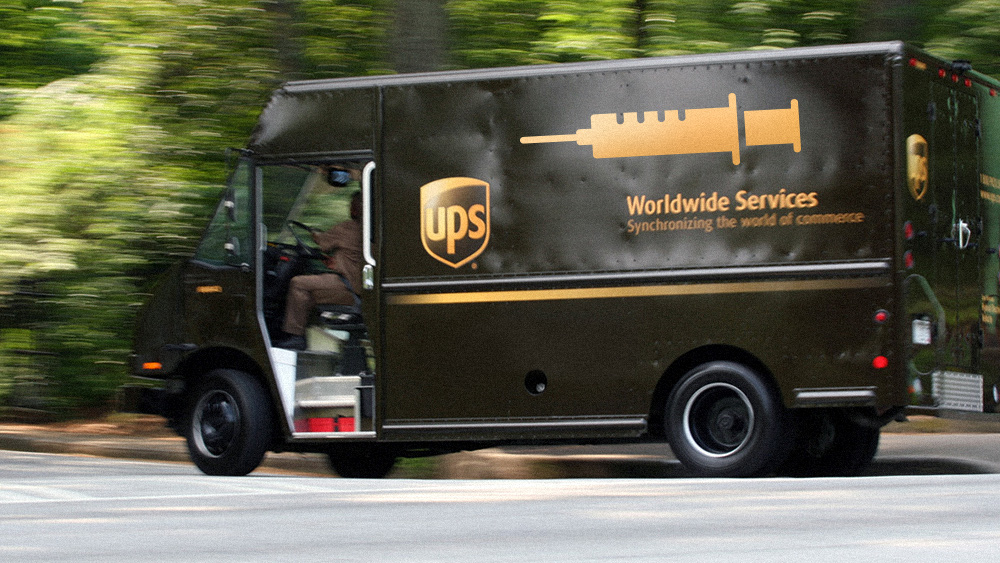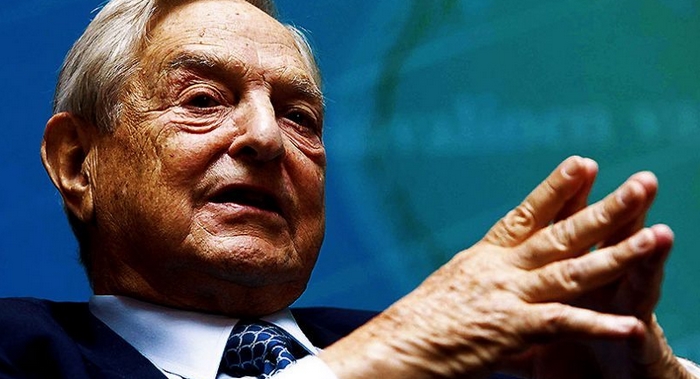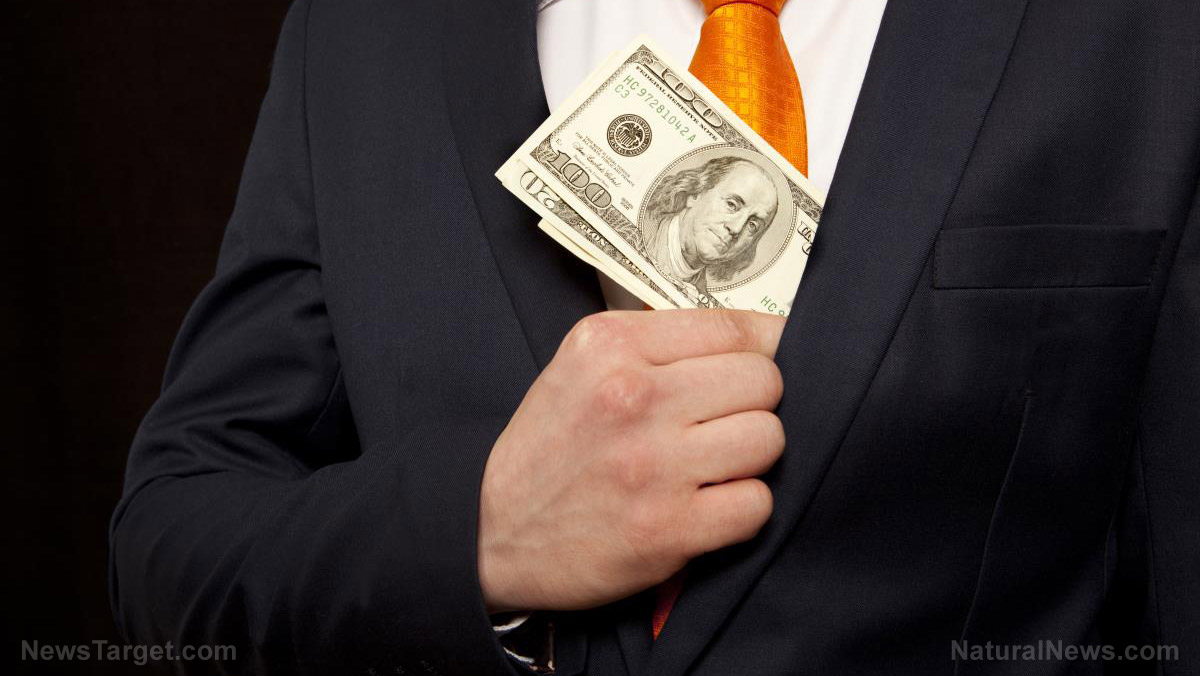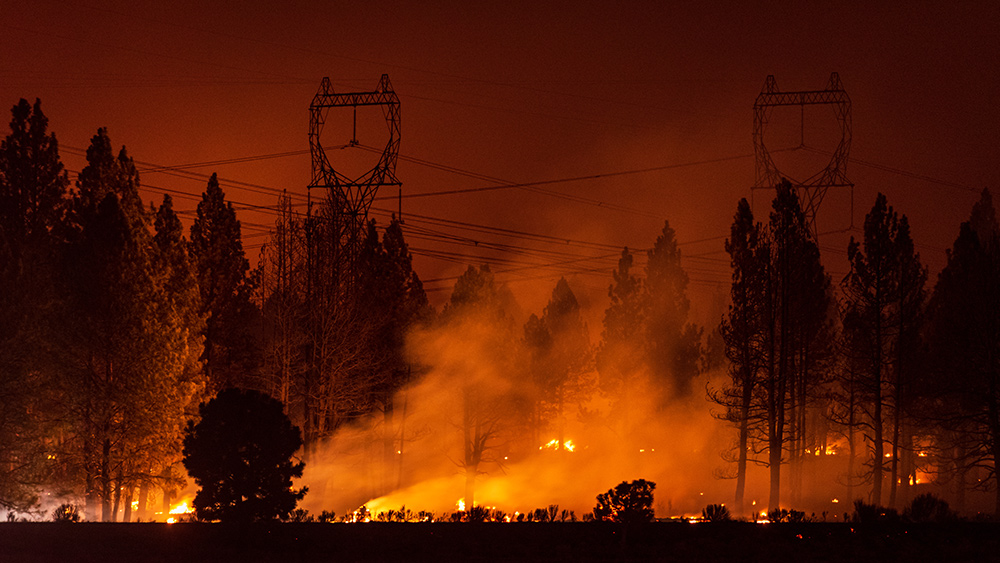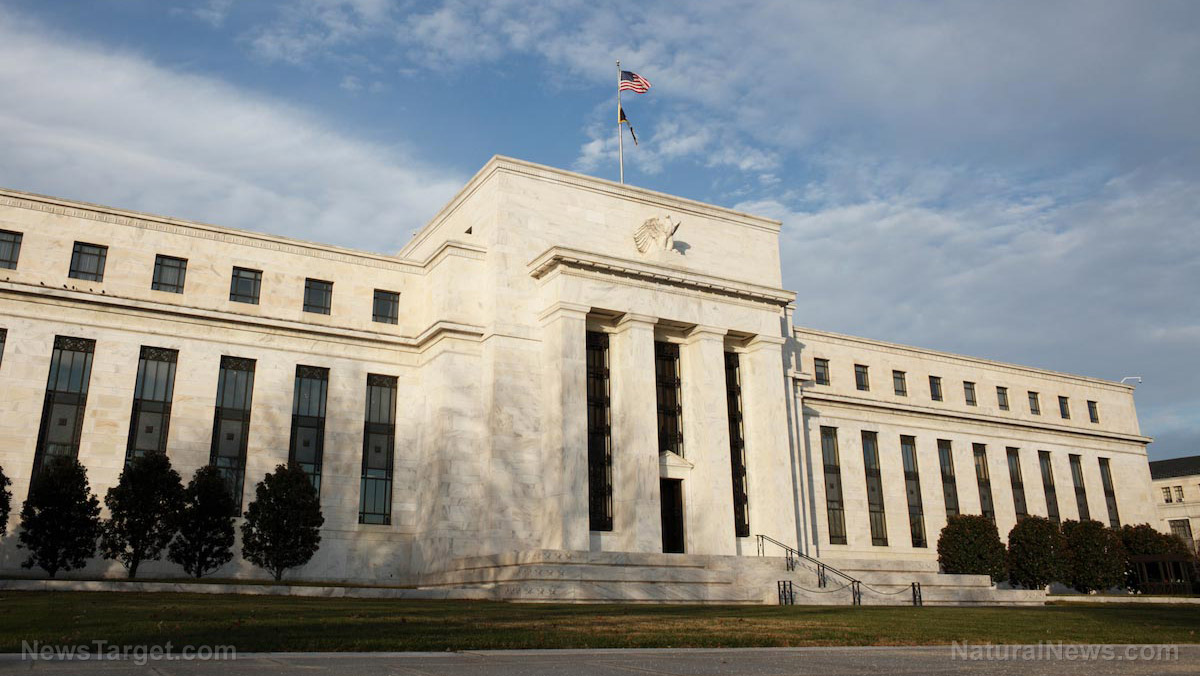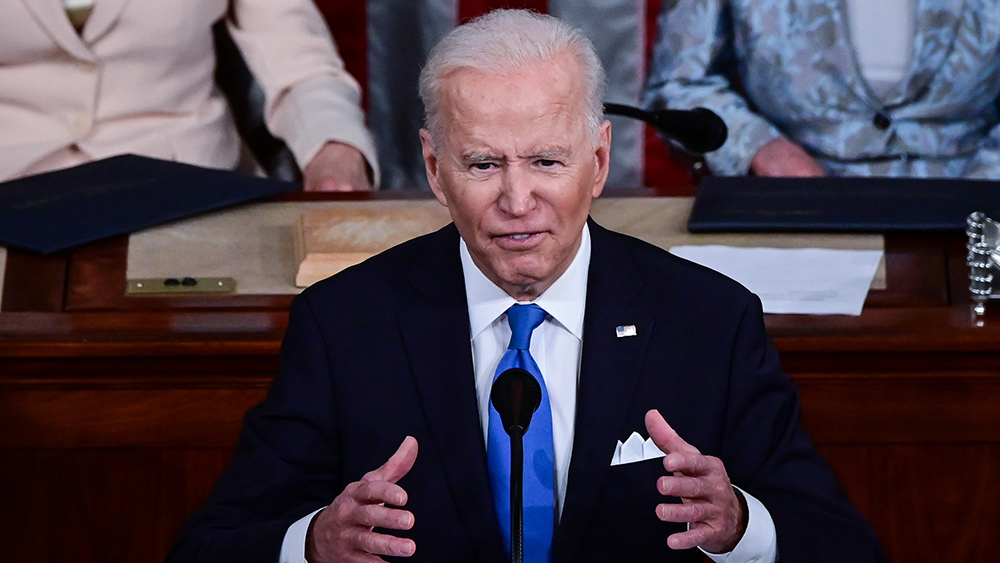Portent of things to come: Move to go cashless by McDonald’s greeted with calls for BOYCOTT
02/01/2024 / By Zoey Sky
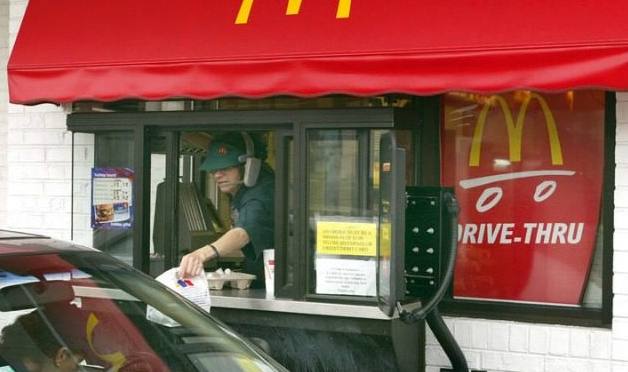
Many angry McDonald’s customers are considering a boycott of the popular fast-food restaurant because the company has announced that some of its outlets in Melbourne, Australia, are going cashless.
It began when one disgruntled customer shared a photo of the sign at a McDonald’s drive-through in Clayton South, Melbourne, which informed diners that cash would not be accepted at specific times.
According to the sign shared in the “Cash is King” Facebook group, cash payments would no longer be accepted from midnight to 6 a.m. due to safety reasons for both staff and customers. “Thank you for your continued cooperation and understanding,” read the sign.
The customer was obviously not happy with the announcement. “Boycott this Maccas,” wrote the customer, referring to the Australian nickname for McDonald’s. “I don’t come here that regularly, but I have been for years and have only seen this today.” (Related: CASHLESS DOWN UNDER: Australia gears up for CBDC rollout, with major banks banning OTC cash withdrawals.)
According to reports, the issue applies only to restaurants in Melbourne’s east and south, where cashless payments are preferred. Cash is still accepted if it is the only payment option.
A McDonald’s spokesperson also explained that outlets in those parts of Melbourne introduced the measures to ensure the safety of both employees and customers. The spokesperson said the policy change “includes asking customers to use cashless payment methods where possible.”
“The safety and wellbeing of our people and customers is our top priority,” added the spokesperson.
The spokesperson did not refer to any particular incident that could have caused the change, but Victoria Police are investigating a hooded man who robbed a McDonald’s worker with a knife at one location in Melbourne’s south-east.
In a statement, police warned that “an unknown man entered a fast-food premises on Cheltenham Road” back in November. “Officers have been told the man approached the counter before producing a knife and making demands for cash from the till,” continued the statement.
Investigators have also said the employee handed the man a small amount of cash before he left the restaurant through a side door.
Meanwhile, some KFC stores in New South Wales, including Morisset, Lakehaven and North Wyong, now only accept card or digital payments.
At KFC’s Morriset restaurant, located southwest of Lake Macquarie, a large sign told customers that all transactions are now “cashless.” The KFC store at Westfield Knox followed suit.
According to the Australian Competition and Consumer Commission (ACCC), businesses are not required to accept cash and KFC’s decision is “entirely legal.”
On its website, the ACCC explained that it is up to businesses to decide which payment types they accept.
“It is legal for a business to specify the terms and conditions that they will supply goods and services. This includes whether they will accept cash payment,” added the ACCC.
However, the consumer watchdog added that businesses must be clear about the types of payments they will accept.
Cashless could be the norm by 2026
The change in McDonald’s and KFC outlets comes as experts predict that Australia could become cashless by 2026, particularly after commercial bank cash orders decreased in the 2022/23 financial year with the Reserve Bank of Australia (RBA) issuing only one-third of the usual yearly amount.
Angel Zhong, a Royal Melbourne Institute of Technology Finance Expert, explained that the convenience of digital transactions had resulted in many businesses preferring them over traditional payment methods.
Zhong said because technologies are becoming increasingly advanced and increasingly interconnected, there are now many “innovative platforms from mobile wallets to buy-now-pay-later (BNPL) schemes” that are all trying to get a piece of the burgeoning market.
The Australian Banking Association’s recent report also highlights the swift expansion of the digital payment industry.
The report revealed that payments made via digital wallets on smartphones and watches have skyrocketed from $746 million in 2018, to more than $93 billion in 2022. Additionally, cash now represents only 13 percent of consumer payments in Australia by the end of 2022, indicating a significant shift from 70 percent in 2007.
The federal government has also acknowledged this trend by introducing reforms to regulate digital payment providers.
The reforms will place BNPL and digital wallet services such as Apple Pay and Google Pay under the same supervision by the RBA as regular credit and debit cards.
According to Treasurer Jim Chalmers, payment systems needed to remain fit for purpose to deliver for consumers and small businesses.
“We want to make sure the shift to digital payments occurs in a way that promotes greater competition, innovation, and productivity across our entire economy,” said Chalmers.
Visit CurrencyCrash.news for more stories about cashless payments and the demise of fiat currency.
Watch the video below as TruNews host Rick Wiles discusses why you need to choose who is the master of your money.
This video is from the TruNews channel on Brighteon.com.
More related stories:
Fast-food chains under Yum! Brands to go CASHLESS soon: Taco Bell, Pizza Hut, KFC to REJECT cash.
UK on track to become a FULLY CASHLESS NATION by 2035 as use of cash declines rapidly.
Sources include:
Submit a correction >>
Tagged Under:
big government, bubble, cashless, collapse, currency crash, currency reset, digital currency, digital payments, digitization, economic collapse, economic riot, economics, economy, fast food restaurants, finance, finance riot, food supply, McDonald's, money supply, risk
This article may contain statements that reflect the opinion of the author
RECENT NEWS & ARTICLES
COPYRIGHT © 2022 FinanceRiot.com
All content posted on this site is protected under Free Speech. FinanceRiot.com is not responsible for content written by contributing authors. The information on this site is provided for educational and entertainment purposes only. It is not intended as a substitute for professional advice of any kind. FinanceRiot.com assumes no responsibility for the use or misuse of this material. All trademarks, registered trademarks and service marks mentioned on this site are the property of their respective owners.

